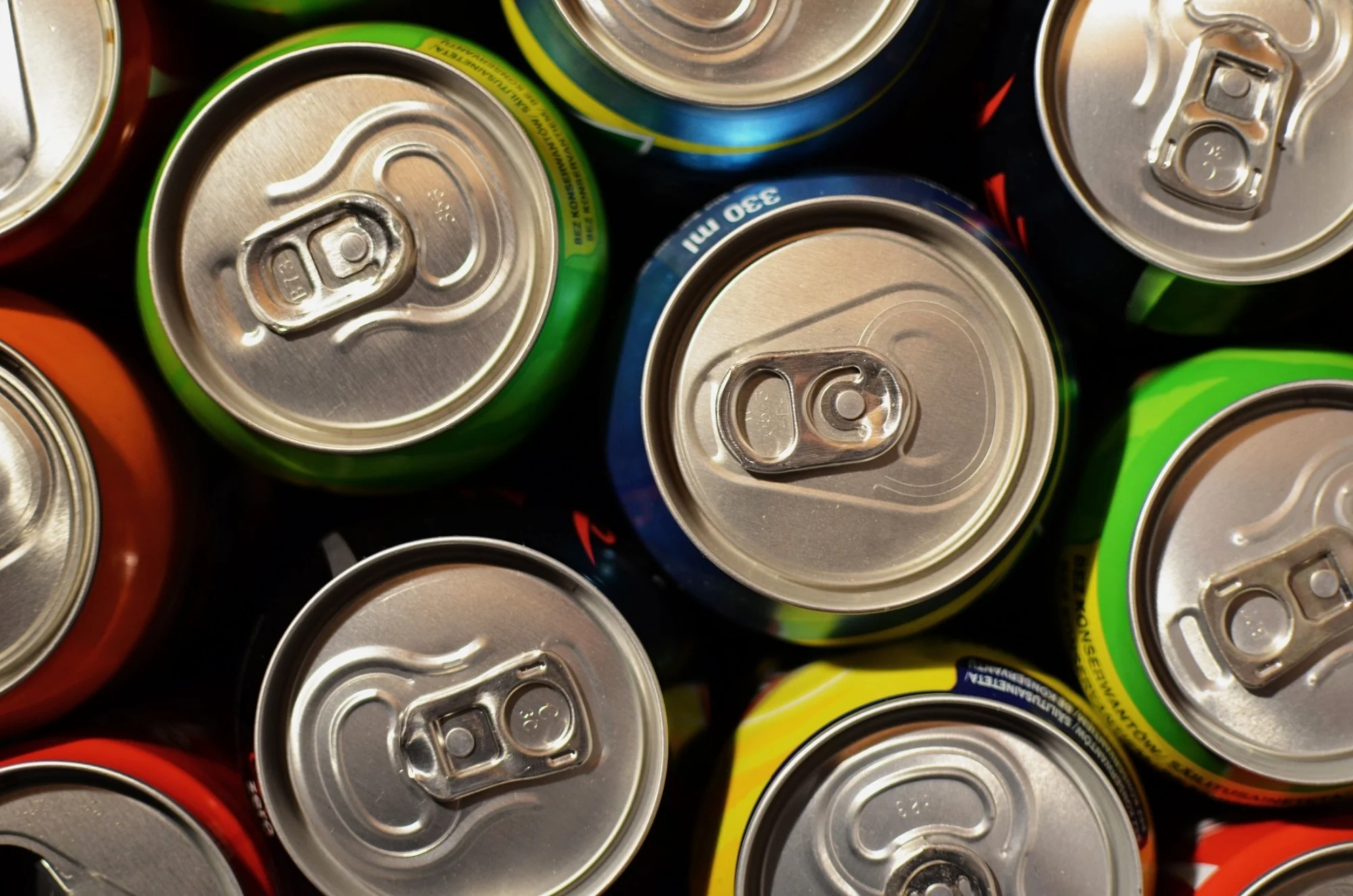
Explore how innovation is driving growth and sustainability in the beverage industry. Discover the role of new technologies, consumer trends, and eco-friendly practices in shaping a dynamic future for beverages. Read on to learn how innovation is revolutionizing this ever-evolving sector.
The beverage industry stands as a dynamic and evolving sector, constantly adapting to changing consumer preferences, technological advancements, and global market trends. Amidst this flux, one element remains a steadfast catalyst for growth and resilience: innovation. This post explores the multifaceted role of innovation in propelling the beverage industry into new realms of possibility, sustainability, and efficiency. Keep on reading to discover how innovation is shaping the future of the beverage industry.
The Current State and the Role of Innovation in the Beverage Industry
The beverage industry encompasses a wide array of products, from soft drinks to alcoholic beverages, and health drinks to coffee and tea. This diversity, coupled with an expansive global market, presents both opportunities and challenges. In recent years, the industry has faced increased competition, shifting consumer preferences towards health-conscious and sustainable options, and the need for operational efficiency.
It’s within this context that innovation emerges as a critical driver of growth, enabling companies to differentiate themselves, meet evolving consumer demands, and streamline production processes. Even in the face of challenges, the beverage industry continues to thrive, thanks in large part to innovation.
The Impact of Technology on Beverage Production
Innovation in beverage production is not just about creating new flavors or products; it’s profoundly linked with the incorporation of new technologies. Case studies from leading companies reveal how the adoption of automation, artificial intelligence (AI), and the Internet of Things (IoT) has revolutionized manufacturing processes. For example, AI-driven predictive maintenance can significantly reduce downtime in production lines, while IoT devices enable real-time monitoring of quality control, ensuring consistent product quality and safety.
These technological advancements not only enhance efficiency but also reduce costs and environmental impact, making them invaluable to the modern beverage industry. One example of this is the use of renewable energy sources to power production facilities, reducing carbon emissions and promoting sustainability.
Consumer Trends and Innovation
Today’s consumers demand more than just a refreshing drink. They seek products that align with their lifestyle, values, and dietary preferences. This shift has led to a surge in demand for organic, natural, and functional beverages. Innovation in product development allows companies to cater to these preferences, offering beverages that boast added health benefits, unique ingredients, or eco-friendly packaging. One thing that’s gaining traction is resealable can lids, which are not only convenient for consumers but also contribute to reducing plastic waste. As consumer trends continue to evolve, innovation is essential for beverage companies to stay competitive and relevant in the market. Also, with the rise of e-commerce, beverage companies are utilizing innovative packaging solutions to ensure their products can be safely transported and delivered to customers.
Sustainable Innovations
Sustainability has become a buzzword across industries, and the beverage sector is no exception. Companies are increasingly recognizing that eco-friendly practices are not just good for the planet but also for business. Innovations in sustainable packaging, such as biodegradable materials or refillable containers, address consumer concerns about plastic waste.
Similarly, advancements in water and energy conservation techniques during production underscore the industry’s commitment to minimizing its environmental footprint. These sustainable innovations resonate with environmentally conscious consumers and pave the way for a greener future for the beverage industry. Since sustainability is no longer just a trend but a necessity, we can expect to see even more innovation in this area in the coming years. As companies strive to meet sustainability targets, the beverage industry as a whole will continue to move towards a more sustainable future.
Challenges and Opportunities
While the path to innovation is laden with opportunities, it also presents challenges. High costs of research and development (R&D), regulatory hurdles, and the risk of market acceptance are significant obstacles. However, the potential rewards for overcoming these challenges are substantial. Companies that successfully innovate can achieve greater market share, improved profitability, and a stronger brand reputation.
Furthermore, by fostering a culture of innovation, businesses in the beverage industry can remain agile, adapting to future challenges and seizing emerging opportunities. Not to mention, innovative solutions often lead to more efficient and cost-effective processes, creating a win-win situation for both companies and consumers.
The beverage industry’s future will undoubtedly be shaped by its capacity for innovation. As companies continue to explore new technologies, consumer trends, and sustainable practices, innovation will remain the linchpin of growth and success. By prioritizing innovation, the industry can look forward to not only expanding its product offerings and markets but also contributing to a more sustainable and health-conscious world. The beverage sector’s ability to innovate will not only define its growth trajectory but also its impact on society and the environment. So, let’s raise a glass to the power of innovation in the beverage industry!
Was this news helpful?







 Yes, great stuff!
Yes, great stuff! I’m not sure
I’m not sure No, doesn’t relate
No, doesn’t relate



